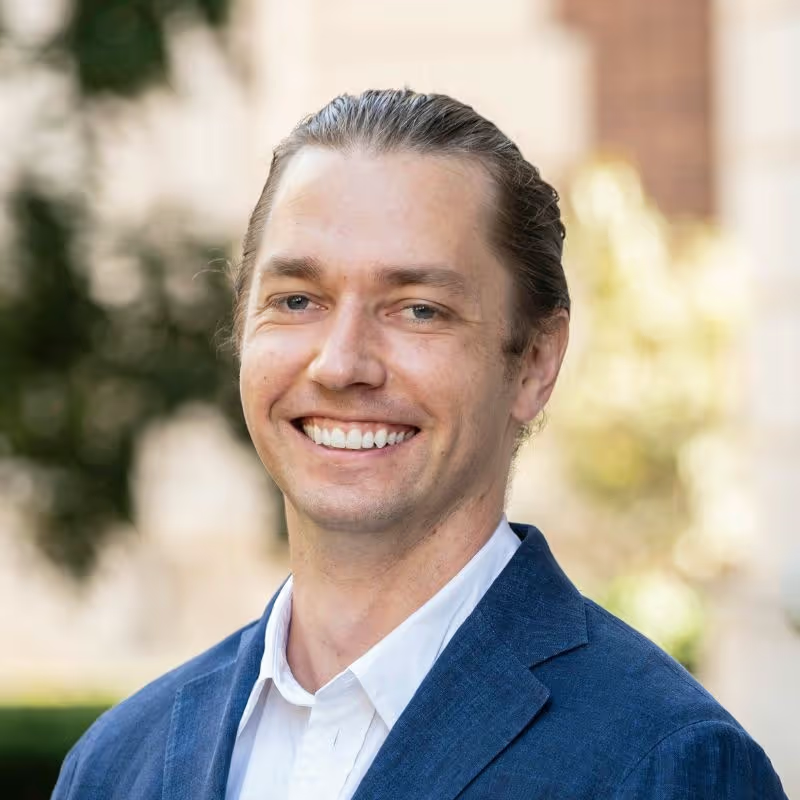The opening keynote at the International Corporate Governance Network's 30th anniversary conference in New York delivered a striking message. NYC Comptroller Brad Lander, overseeing $300 billion in pension assets, didn't mince his words: "If we don't do systemic stewardship, we'll lose billions of dollars in value."
This sentence encapsulated the overarching theme that emerged from two days of discussions among global institutional investors: despite unprecedented headwinds, investors recognise it’s time to deepen, not dilute, their stewardship approaches.
The headwinds are real
The scale of pressure facing stewardship activities is undeniable. In the US, the Securities and Exchange Commission has significantly downsized, climate disclosure rules have been withdrawn, and anti-ESG state legislation continues to spread.
Meanwhile, a "DExit" movement is encouraging companies to leave Delaware for states like Texas and Nevada, explicitly seeking weaker shareholder rights in exchange for more management-friendly corporate law. Even collaboration between investors - a cornerstone of effective stewardship - has become "slower, lawyered up, and less efficient" due to perceived regulatory risks.
These dynamics aren't confined to the US. Canadian regulators have paused climate disclosure and diversity reporting initiatives, citing "regulatory developments in the US and globally." When America sneezes, as one speaker noted, everyone catches a cold.
But the money keeps moving
Yet what emerged most clearly from the conference was institutional investor resilience and pragmatism. Despite political noise, the professionals managing trillions in retirement savings aren't changing course.
Why? Because the fundamental driver hasn't changed: institutional investors are universal owners exposed to systemic risks that can't be diversified away. Climate change, technological disruption, and social inequality don't respect country borders. As Lander emphasised, investors must "look beyond individual companies, sectors and geographies" to address risks that shape entire ecosystems.
The business case for stewardship remains compelling. Companies with strong governance and forward-looking risk management consistently outperform involatile markets. For investors with obligations measured in decades - NYC's teachers retiring "at the end of the century," Australia's superannuation members, New Zealand's future retirees - short-term headlines are less relevant than long-term value creation. It's a fine line between avoiding controversy and avoiding responsibility.
Practical adaptation, strategic continuity
This doesn't mean business as usual. Some investors are adapting their tactics. They're more cautious about language, stronger on business case framing, and more collaborative with legal counsel. Some are emphasising engagement over public advocacy, focusing on private dialogue rather than public confrontation.
But core activities continue. The same rationale that drove stewardship development after the global financial crisis remains: best practice ownership approaches will strengthen trust, markets and returns. Investors are still engaging on material risks, exercising voting rights, and working collaboratively.
The Aotearoa New Zealand Stewardship Code is a local example of this. Since launching in 2022, the Code has attracted signatories managing over $2 trillion in global assets under management, with a quarter of signatories being international managers seeking to demonstrate global leadership in responsible ownership. The Code's principles-based, collaborative approach - grounded in both international best practice and indigenous Māori concepts of long-term guardianship - offers a model for stewardship that is locally developed and globally applicable.
Professional consensus amid political division
Perhaps most tellingly, the conference demonstrated a surprising consensus among institutional investors in the room. From managers and owners across the US, Canada, Asia, Europe and UK, the same themes emerged: systemic risks require systemic responses, long-term obligations demand long-term thinking, and effective stewardship isn't optional - it's a fiduciary duty.
This alignment suggests that while political winds may shift, the underlying economics of long-term investing remain constant. Institutional investors manage money across generations. Their commitment to stewardship reflects the reality that in an interconnected world, systemic risk management isn't a luxury - it's essential for protecting beneficiary interests.
The message from New York was clear: stewardship isn't just about capacity, it's about conviction. Australasian investors aren't alone in staying the course - we're part of a global coalition of institutional investors who recognise that systemic risks demand systemic responses. That approach not only delivers sustainable returns across generations, it positions us to lead by example. This isn’t just good stewardship; it's competitive advantage.
<hr>
<small> Disclaimer: The views and opinions expressed in this article are solely those of the author(s) and do not necessarily reflect the view or position of the Responsible Investment Association Australasia (RIAA). This article is intended as general information and should not be considered investment advice. It is recommended to seek appropriate professional advice before making any investment decisions.

Director
,
Aotearoa New Zealand Stewardship Code
Jackson Rowland is the Director of the Aotearoa New Zealand Stewardship Code, a framework for investors to use their influence to steer the companies they own on critical environmental, social and corporate governance issues.

.avif)

%20(1).avif)
.avif)